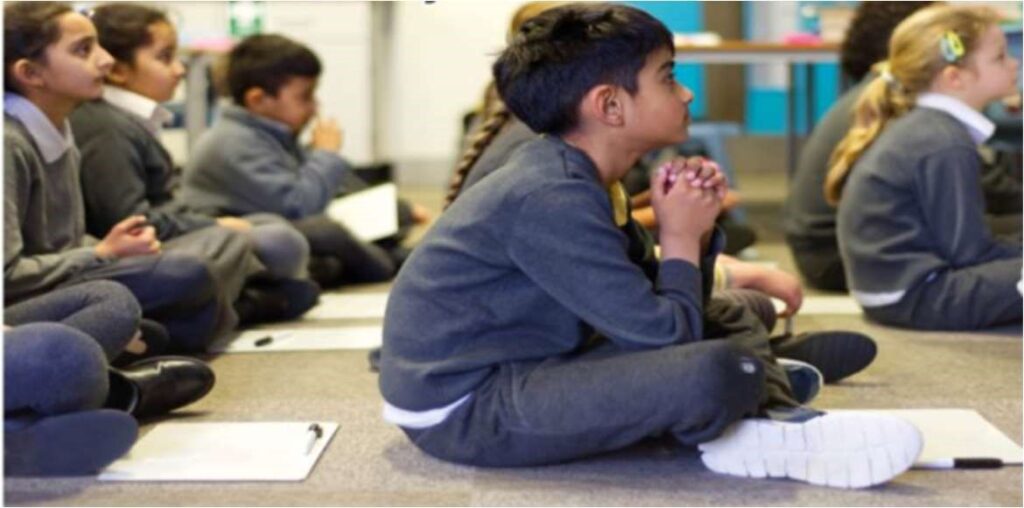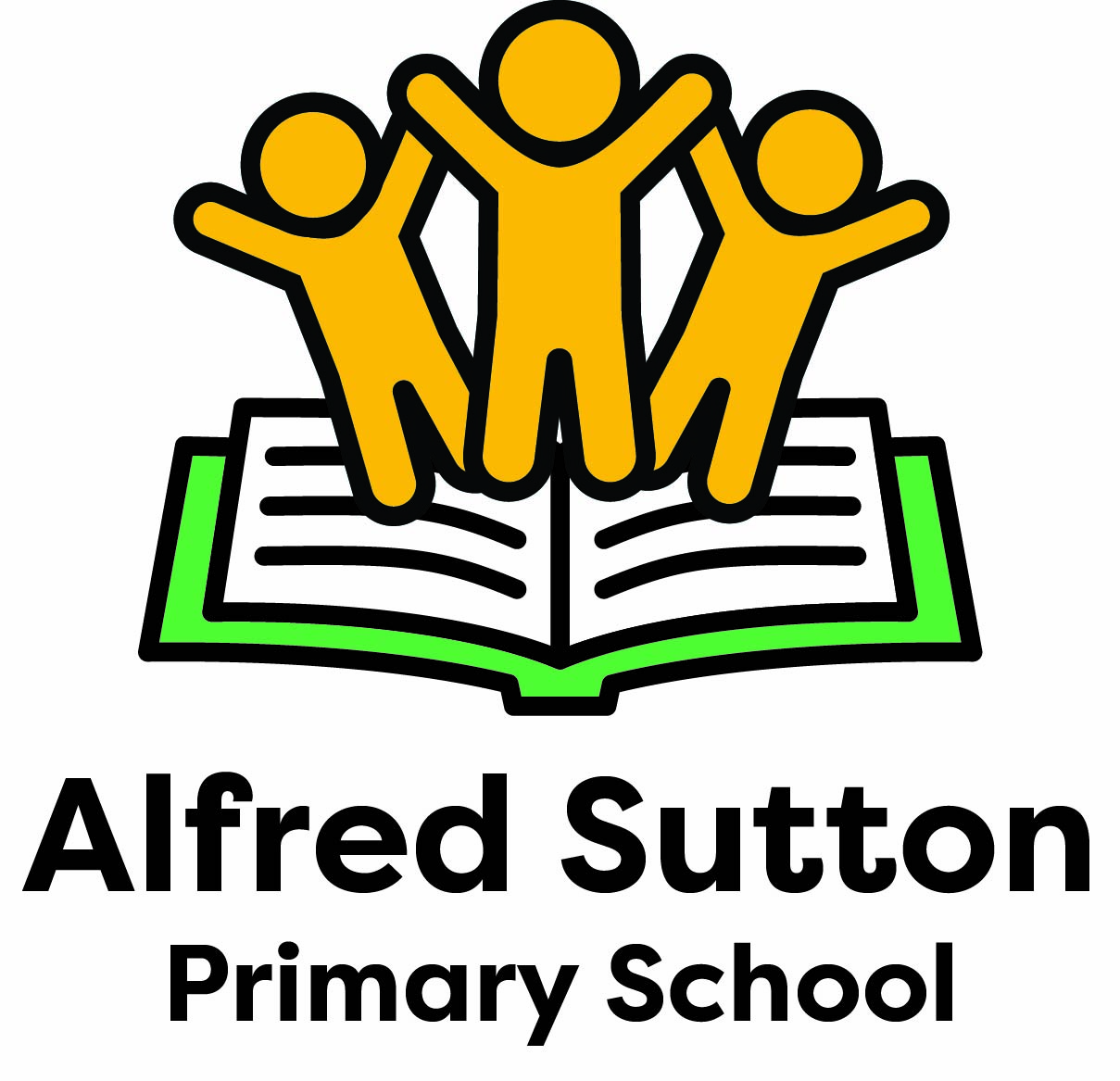Mathematics
In line with statutory expectation, our maths curriculum is designed with the aim that it, ‘helps pupils to gain enjoyment through a growing self-confidence in their ability’ (EIF, May 2019).
An Alfred Sutton mathematician has mathematical proficiency. They acquire a rich knowledge bank of facts and methods: this is achieved through a foundation of targeting teaching in line with the progressive, mastery focused White Rose approach.
Please click on the following links:
White Rose Primary maths scheme .pdf
Addition and subtraction calculation policy .pdf
Multiplication and Division calculation policy .pdf

Please find year group maths overviews below:
We have a shared passion for maths, are highly aspirational for all our pupils and always teach with energy and enthusiasm.
We use flexible ability grouping which is highly effective as it enables pupils to access teaching targeted to their needs across every lesson. We regularly move pupils between groups and never make fixed mindset assumptions.
Our rationale for grouping is based on pupils achieving above nationally expected progress to secure aspirational goals, whilst recognising that everyone learns differently and therefore different journeys to these goals are required.
Pupils in the same year usually follow the same work across all groups. Some children just need to take it slower than others – they are not seen as ‘low ability’.
Pupils who learn faster are also challenged and we will often approach problems in different ways. Our aim is the acquisition of mathematical agility needed to ‘think outside the box’ and confidently select the most efficient methods – whether written or mental.

Across all our maths teaching, we employ a mastery approach to build pupils’ mathematical confidence and passion. We ensure that maths units are ordered logically and taught systematically and in depth. Before moving on to new content, our pupils are given time to deeply embed all learning. Pupils are regularly given opportunity to use and apply their maths across a range of reasoning and problem-solving contexts. To enable success and build confidence, we would always ensure that pupils have been taught the mathematical knowledge and skills necessary to access a particular problem.

Mathematical concept based picture books further provide further mathematical enrichment in our school; all year groups study at least one text per term.
‘Cognitive psychology has shown that the mind best understands facts when they are woven into a conceptual fabric, such as a narrative.’ (Stephen Pinker, Professor of Psychology, Harvard University)
To support our mastery approach, planning focuses on pupils firstly accessing a new concept through the use of concrete resources, building to representing pictorially, where appropriate, before the final abstract representation is taught.
Our pupils are also systematically taught to acquire fluency in multiplication and number bonds, enabling fast recall across their mathematical learning.
The work of the American academic ED Hirsch was a key influence behind the current knowledge-based National Curriculum. Hersch’s work has been adapted for English primaries and we use the intent documentation to underpin year group medium planning.
Key to our success in maths is our inclusive approach. We aim for 100% participation, where every pupil spends every part of a lesson actively immersed in maths, enabling all learners to build mathematical understanding and flourish.

